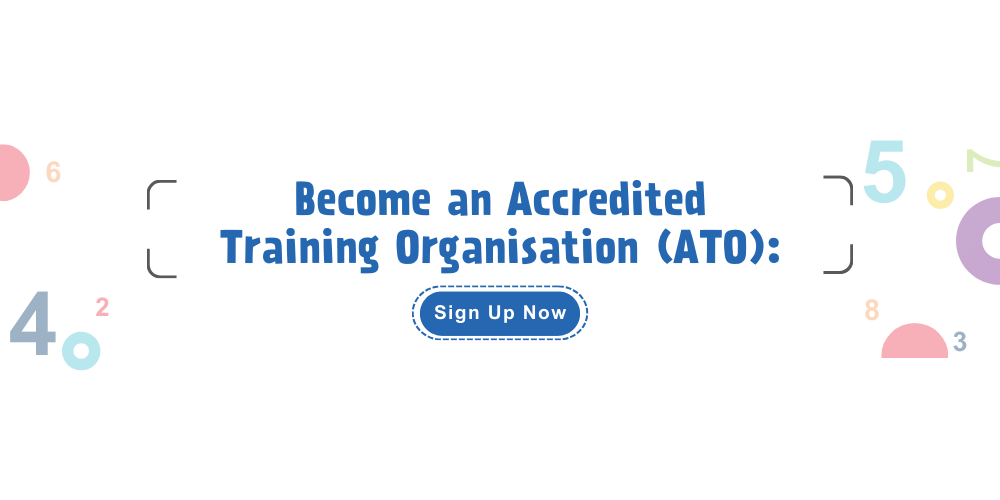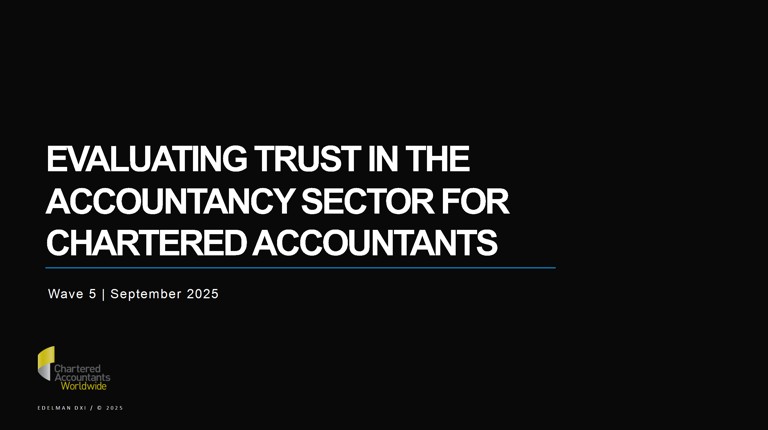ISCA Corporate Membership Refresh benefits your entire team! Click here to learn more.
Looking for meeting, training or office space in CBD? Click here for ISCA facilities rental
2026 Membership Renewal, click here to renew your membership

Foundation Programme
Find out more about the SCAQ Foundation Programme requirements, eligibility, modules, fees and more.
Learn More
Professional Programme
Find out more about the SCAQ Professional Programme requirements, eligibility, modules, fees and more.
Learn More
Accredited Training Organisations
Find out how to become an Accredited Training Organisation under the SCAQ.
Learn More
Corporate Membership
Be at the forefront of business and practice insights by equipping your business and staff with enriching information and benefits that you do not want to miss out on today!
Learn More.png?sfvrsn=dd675fd5_2)
Individual Membership
Find out more about pathways to ISCA membership such as CA Singapore, ISCA PBA, Specialisation credentials, experienced professional, associate, affiliate and student member
Learn More
Membership Renewal
All ISCA members (except for Life Members who are not Public Accountants) are required to renew their membership each year.
Learn More
Search for all courses
Learn More.png?sfvrsn=7844d69f_0)
ISCA Sustainability Certifications
Learn More6a6c7fe2013f4be3b0ecc0a5930da5c9.jpg?sfvrsn=ab5334c8_0)
BOD Masterclass Programme (SGX-prescribed)
Learn More
ISCA Career Growth Centre
Empowering you to achieve your career aspirations. Supporting you in your firm's employment needs.
Learn More/business-management-global-connection/istock-1167579720-c.jpg?sfvrsn=ff93f9a5_2)
/audit-assurance/istock-1169206203-c.jpg?sfvrsn=1d6f9b25_6)

Chartered Accountants Lab
Be in tune with timely updates and in-depth analysis of accounting and business issues.
Learn More
/ethics-and-professionalism/istock-1141115724-c.jpg?sfvrsn=4e54d691_2)
Implementation Guidance
ISCA Issues EP 200 IG 1 (Revised 2025) Frequently Asked Questions.
Learn More
Financial Reporting Bulletins
ISCA Issues FRB 13 Accounting for Renewable Power Purchase Agreements (PPAs) and Renewable Energy Certificates (RECs): From the perspective of a buyer/holder.
Learn More/audit-assurance/istock-818732836-c-v3.jpg?sfvrsn=ae44e7b7_0)
Audit Bulletins
ISCA Issues Audit Bulletin (AB) 8 Key Considerations in Auditing Valuation of Unquoted Equity Investments.
Learn More
About the Institute of Singapore Chartered Accountants
The Institute of Singapore Chartered Accountants (ISCA) is the national accountancy body of Singapore.
Learn More.png?sfvrsn=905ee1bd_0)
ISCA Cares
Read more about how ISCA Cares has helped to support worthy and meaningful causes
Learn More/legal-secretarial/istock-866706340-c.jpg?sfvrsn=d7f57b8c_2)
